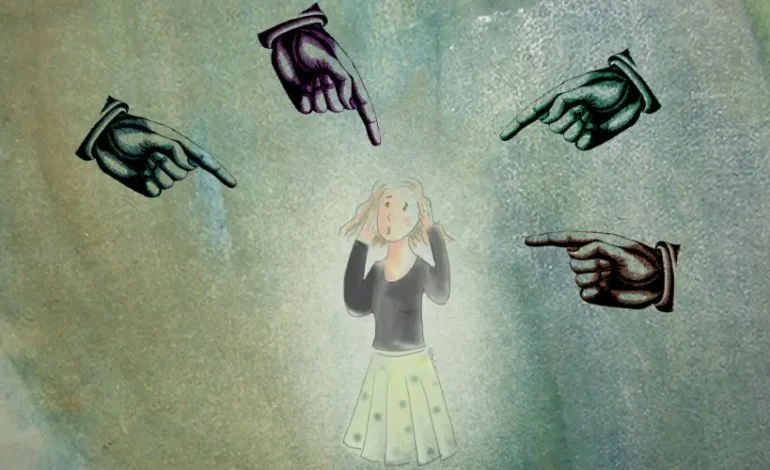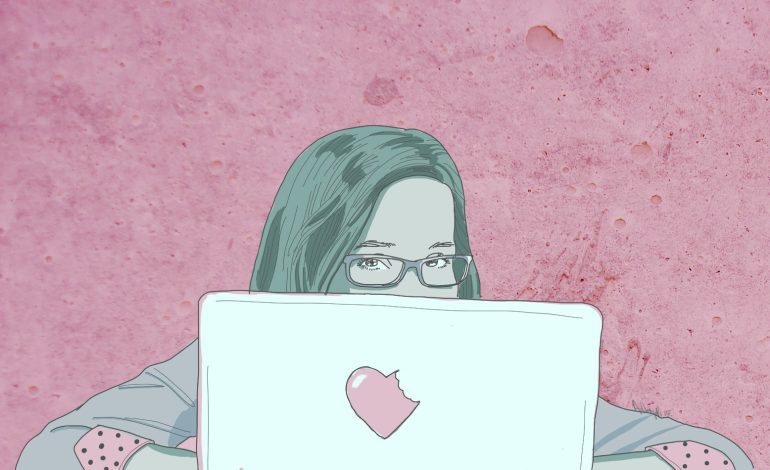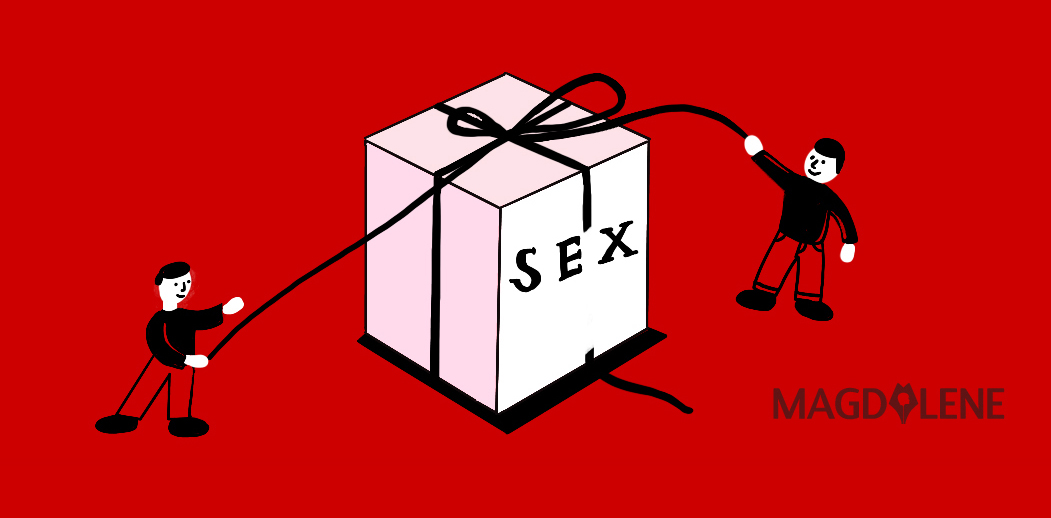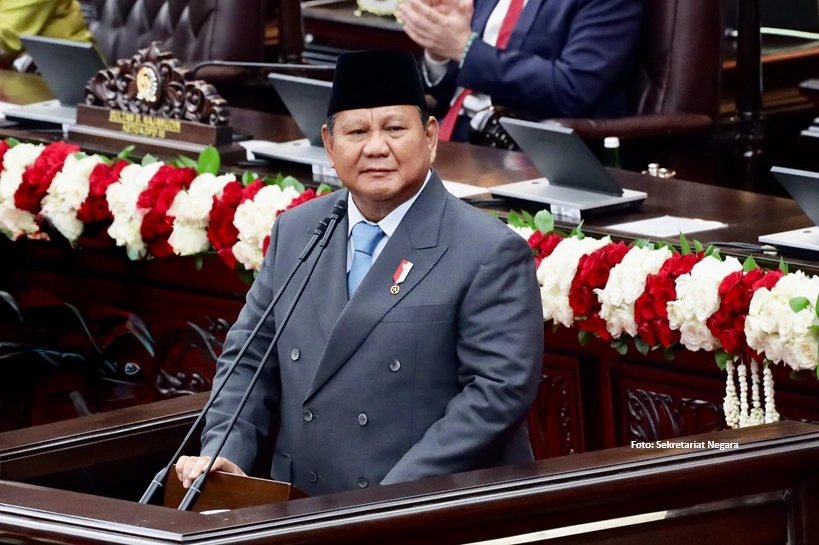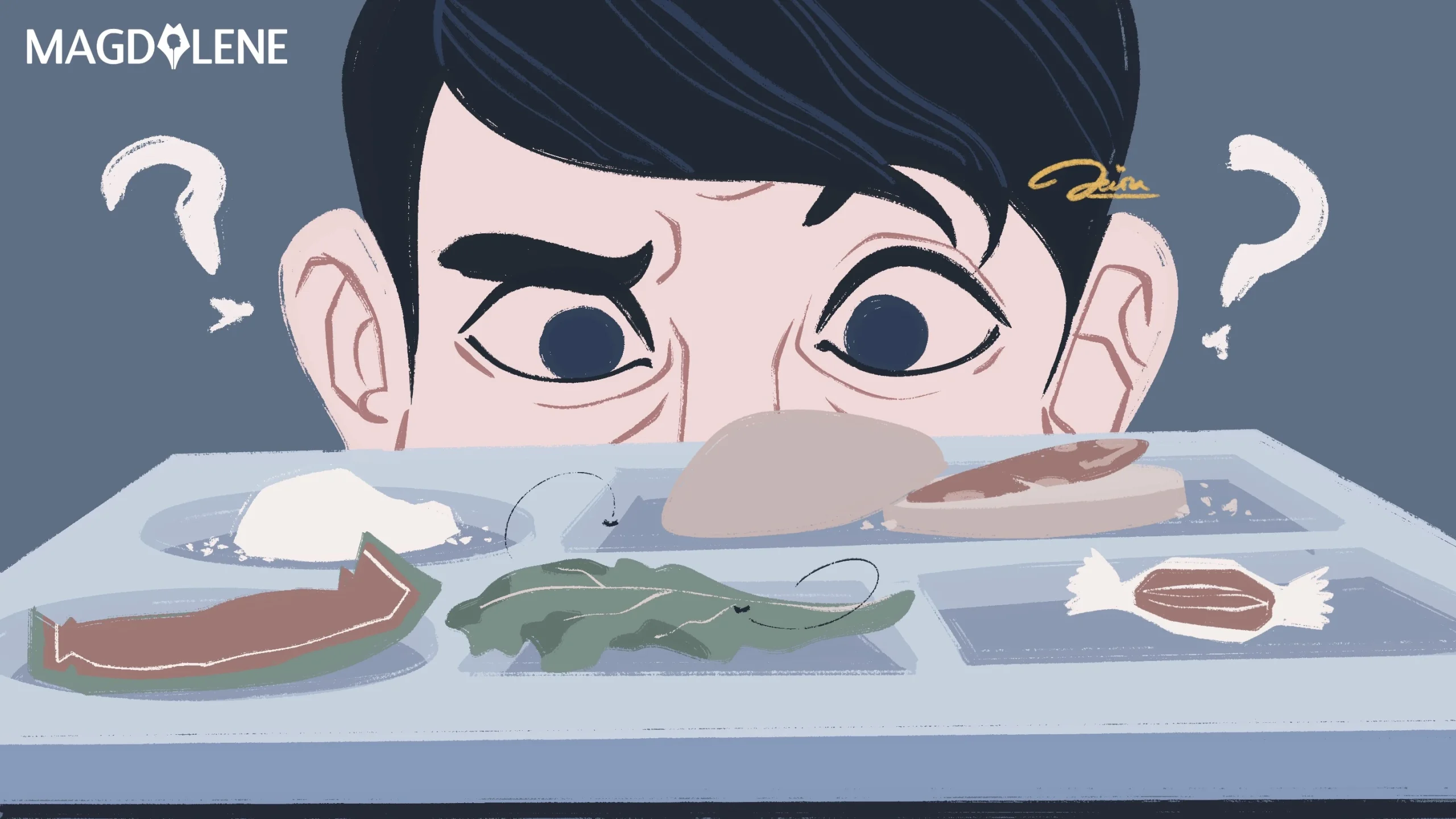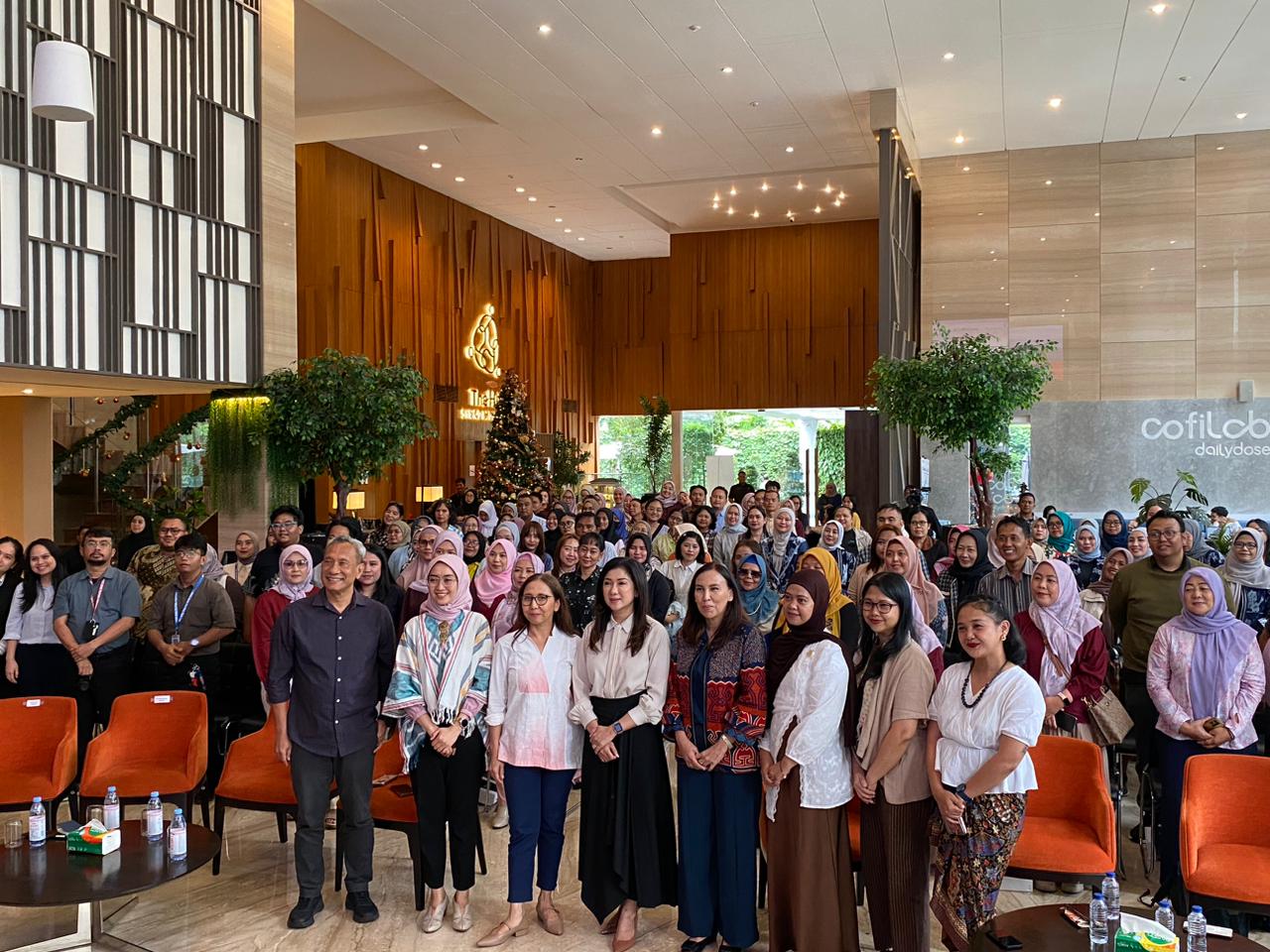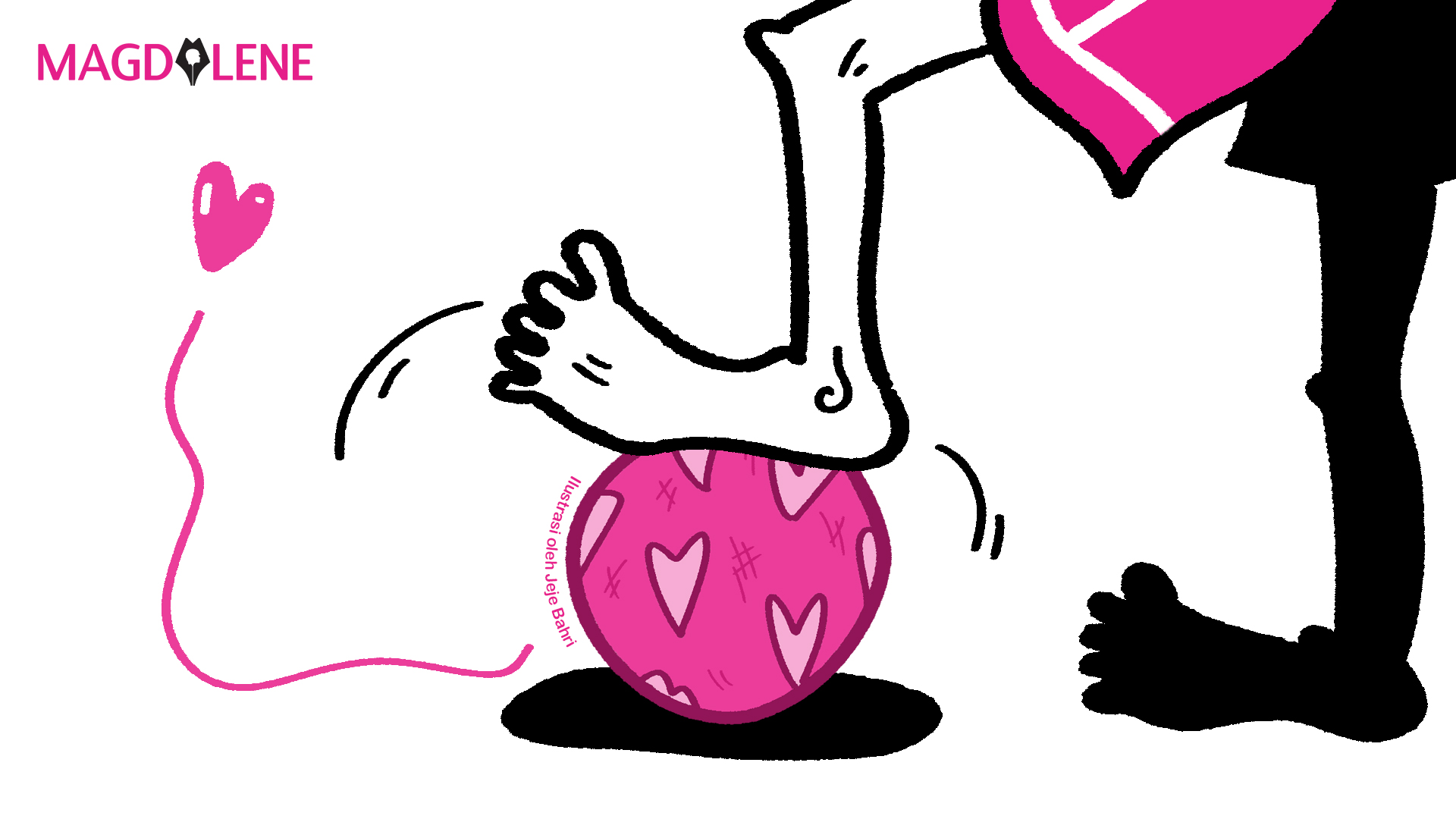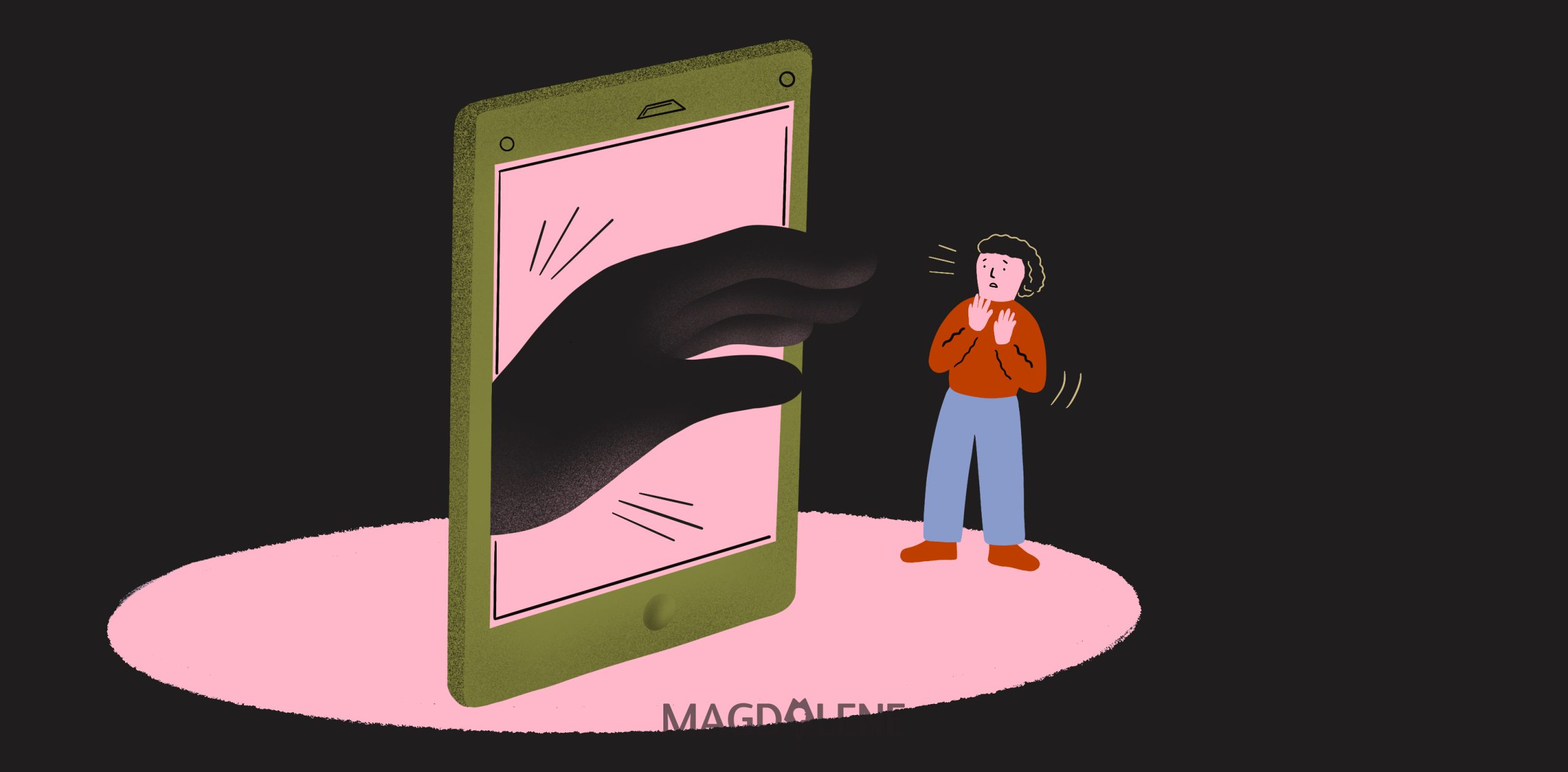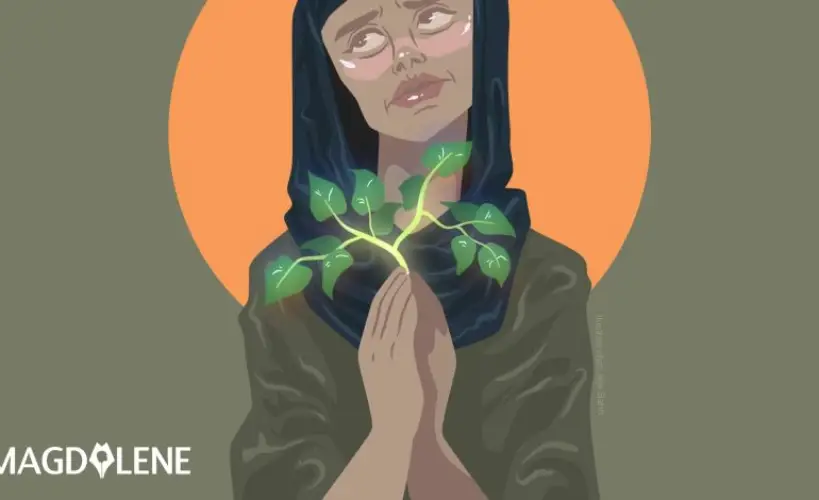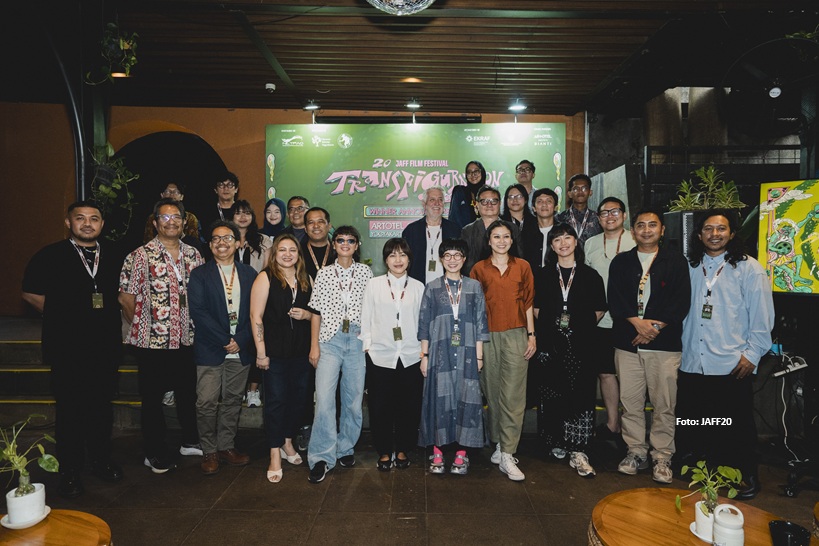Sexism and Video Games: A Gamer’s Take
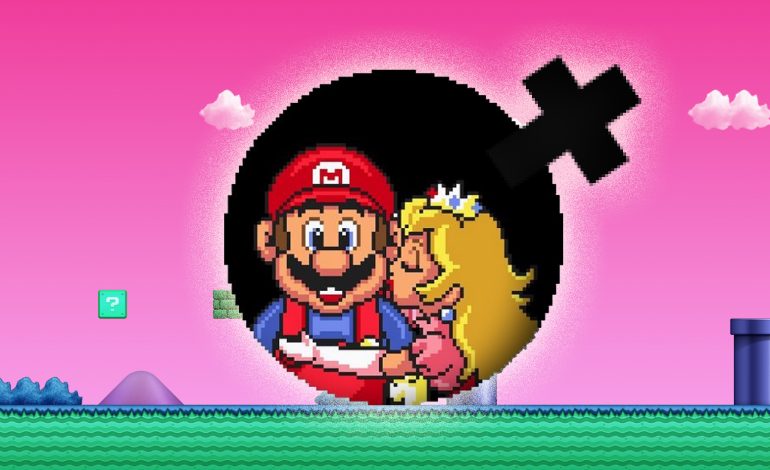
Recently Magdalene featured Anita Sarkeesian and her Feminist Frequency project. She and her project was the one that turned me into a feminist writer. News of rape and murder threats against her rang loudly across every American video gaming and news websites on autumn 2014. Journalists linked the threat to the latest episode of her Tropes vs Women in Video Games YouTube series, titled “Women as Background Decoration: Part 2”.
I watched the video and it is not so different to media studies classes or Australia+ documentaries on pop culture. In fact, it’s always fun for me to discuss social sciences and pop culture, video games in this case. To think that many video games enthusiasts, gamers, male gamers, got violently angry with this presentation is unbelievable.
Am I a gamer? I’ve played video games and computer games throughout my life. I have the three generations of Sony PlayStation consoles and am planning to buy the fourth this year.
On the other hand, I don’t fit the communal definition of a gamer. I don’t play competitively and online. I play the single player mode (the one with plot, in most cases) for pleasure, as an interactive version of television shows or movies. From the gamer community’s view, I am a casual gamer (some use the term with contempt).
Like comics and science fiction, video games are universally associated with geeks and nerds. Sure, everyone plays video games, especially in Asia, but not with the same commitment. Perhaps I’ve bought more video games and spent more hours playing them than my peers in school or church have. But I never master them enough to play them on harder difficulty levels.
Like comics and science fiction, video games are heavily sexualized. Superheroes sell since the reader, believing he’s smarter than the other boys and yet excluded, sees the superhero as his superego. If the skinny or fat boy sees himself as the muscular guy in bodysuit, certainly the women in his world have to be perfect. The body-perfect woman becomes heroine or villainess while the “mind-perfect” woman becomes the damsel-in-distress or the mortal girlfriend.
To my surprise, video games are not too crazy with the “good guy kills bad guy, good guy gets girl” narrative. And it took me decades to realize that. Even the first blockbuster video game, Super Mario Bros, teases the player by ending each level with “Thank you Mario, but our princess is in another castle!”.
Snapshots of my biggest disappointments: Yakuza 2 – a forty something yakuza is in love with a twenty something detective. In the opening of Yakuza 3, she says goodbye as she moves to United States. Def Jam: Fight for NY: Snoop Dogg kidnaps your girlfriend and after you’ve killed him, you just look up the Harlem sky. It’s unclear if she’s dead or just unconscious. Sleeping Dogs: You can have one night stands with five different women, but in the end you’ll wake up alone (your boss, Kelly Hu, is a mother figure). Same goes with the infamous Grand Theft Auto franchise. Your love interest gets killed, proved to be insane, or she moves out or breaks up with you, and you’ll return to your McMansion alone. A dad hero manages to save his marriage, but he’s the exception.
Video game’s world is like an 11-year old boy’s world, isn’t it? Full of violent and sexual fantasies and yet believing that girls stink. That’s what Sarkeesian wants to highlight. And it gets worse. As TV shows compete for rating and popularity, the “edginess” level is increased. Same goes with video games. Gamers won’t be impressed with cleavages and moans anymore. So the fastest way to spike the edginess meter is by mixing sex and violence in one package.
And there’s the backlash against feminism. Many straight white men feel uncomfortable with the changing world around them – more women, more ethnic minorities, more LGBTs, more migrants. Media executives, for multiple reasons, include more of them on TV shows, comics, and movies. Many comic fans feel the “sanctity” of comic myths have been violated as Nick Fury, once portrayed by David Hasselhoff, is now known worldwide as another Samuel L. Jackson’s badass character. Ms. Marvel is now a Muslim woman and the Ghostbusters might be rebooted as a female team. That’s why Rush Limbaugh was furious with the suggestion that the next James Bond could be Idris Elba.
Soon after the Sarkeesian headlines, a movement called Gamergate appeared online, arguing that video game journalism is corrupt since it is in bed with developers, putting in good reviews for sexual and monetary favors; and it’s already hijacked by feminists and “Social Justice Warriors”. Besides Sarkeesian, the movement targeted female developers Zoe Quinn and Brianna Wu. At the heart of the issue is the fear that the greater participation of women as developers, critics, producers, and – gasp – players will destroy the boys’ dream world.
No such revolution taking place in Asia. Indonesian gamers know about Gamergate but believe it’s not their business. Some even supported it. Japanese males, feeling impotent with the rise of China and South Korea, freak out with anything resembling a real woman and consume anime and video games where the women have prepubescent physiques and yet having, sigh, big breasts.
It’s depressing to read Western guys supporting Gamergate said to each other “I want to move to Japan. There’s no feminism in Japan.” Of course there are feminists in Japan, but they have not made their voices heard clearly. Western female nerds and gamers (including Sarkeesian) want a safer and equal playing space. Japanese female nerds and gamers go on with their fantasies and “fangirling”, taking the segregation as granted. It’s roughly the same thing in Indonesia.
There is hope: I’m going to buy a French game called Life is Strange, about two girls investigating another girl’s disappearance. Developer Dontnod said many publishers asked them to make one main character male, arguing it would sell better. Their eventual publisher, Japanese giant Square Enix, went ahead with their all-female vision.

